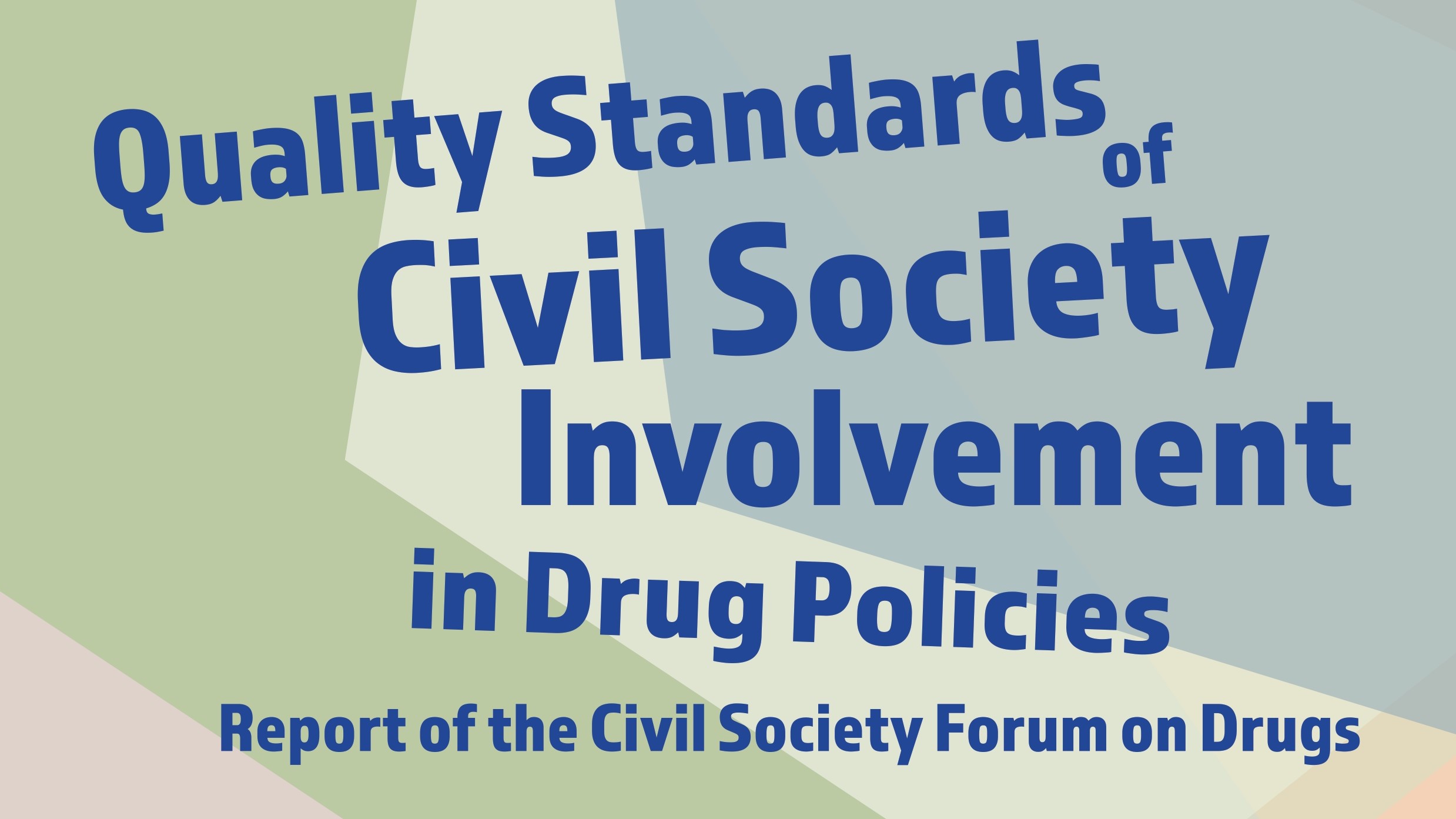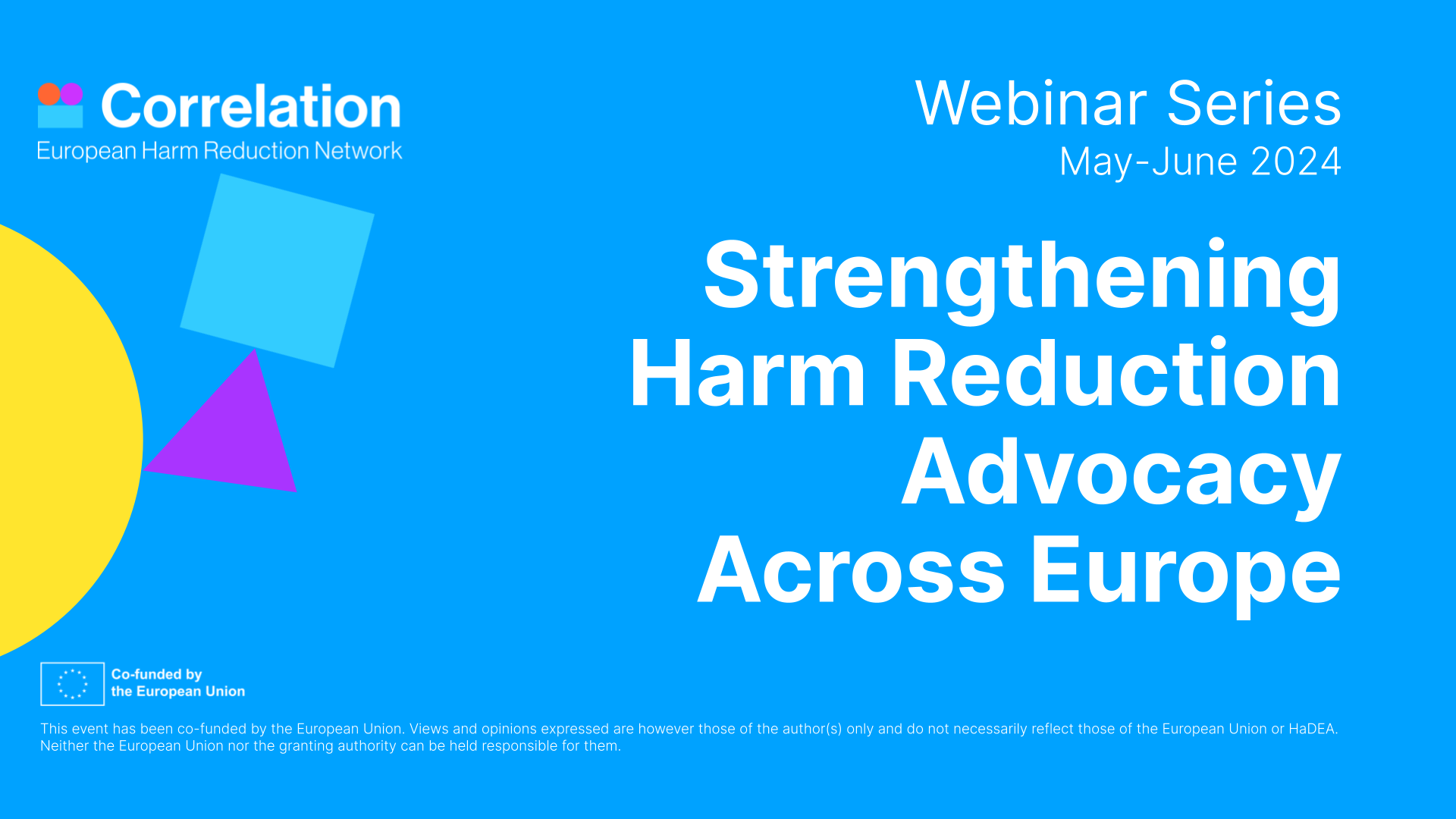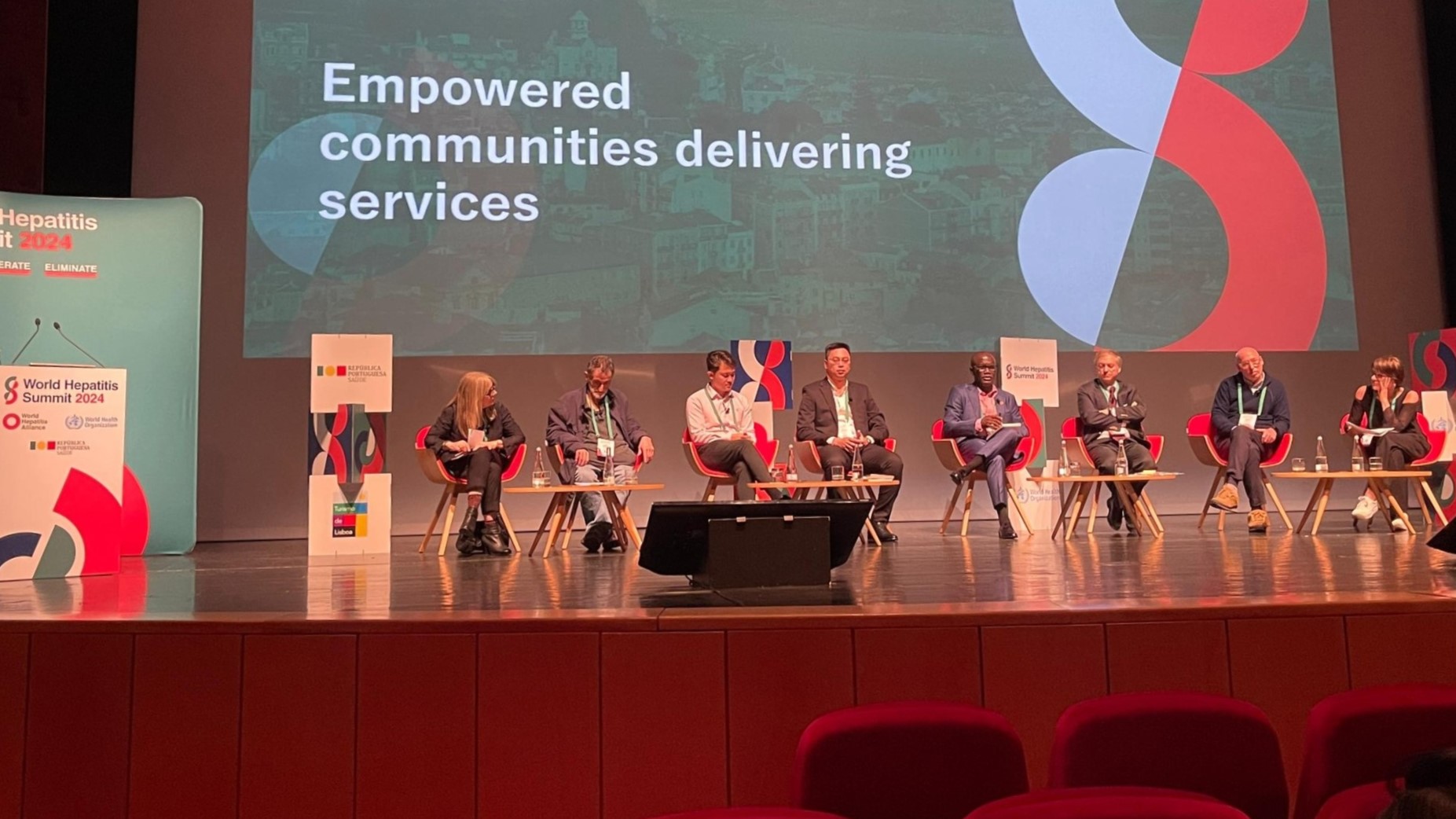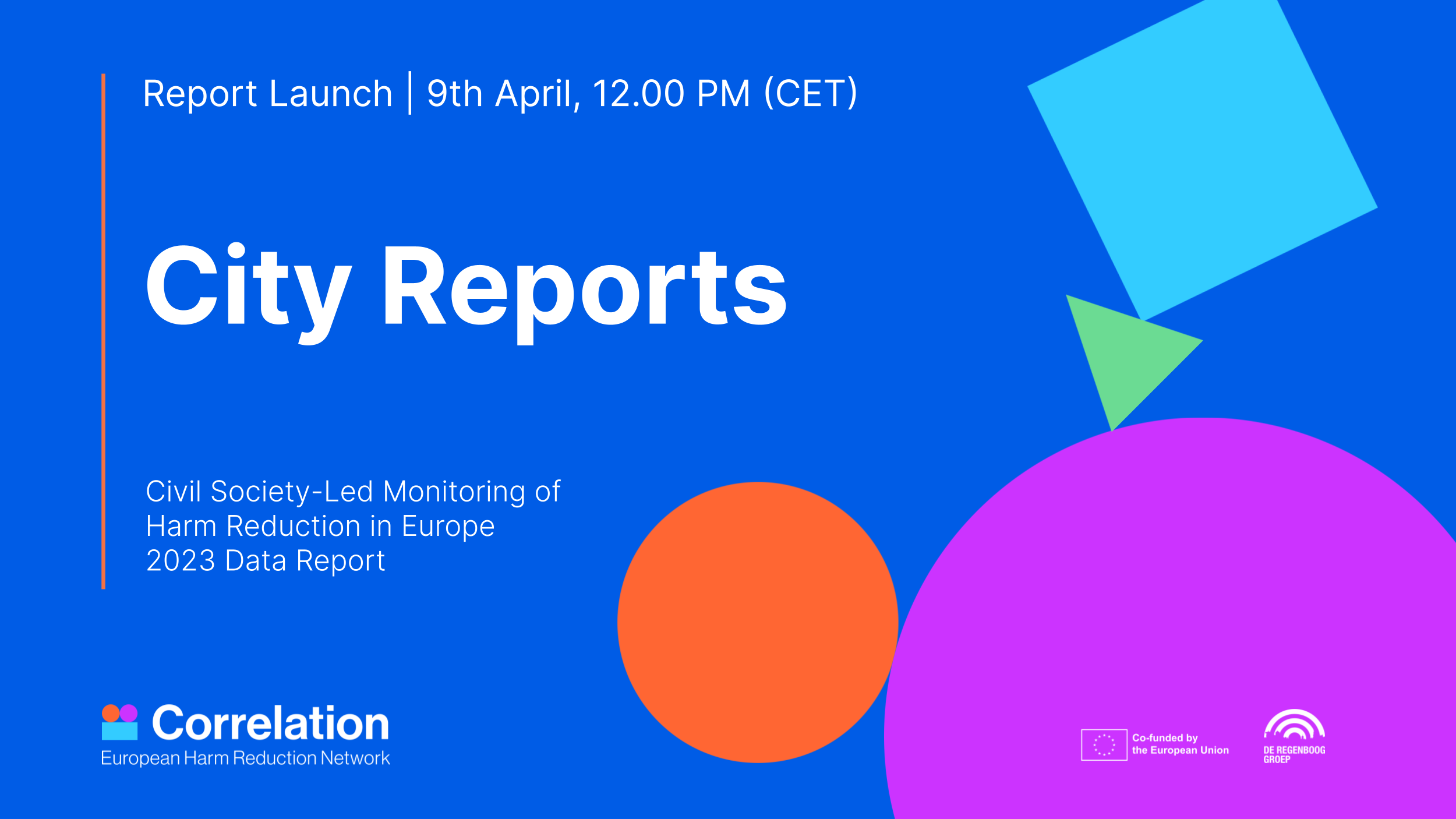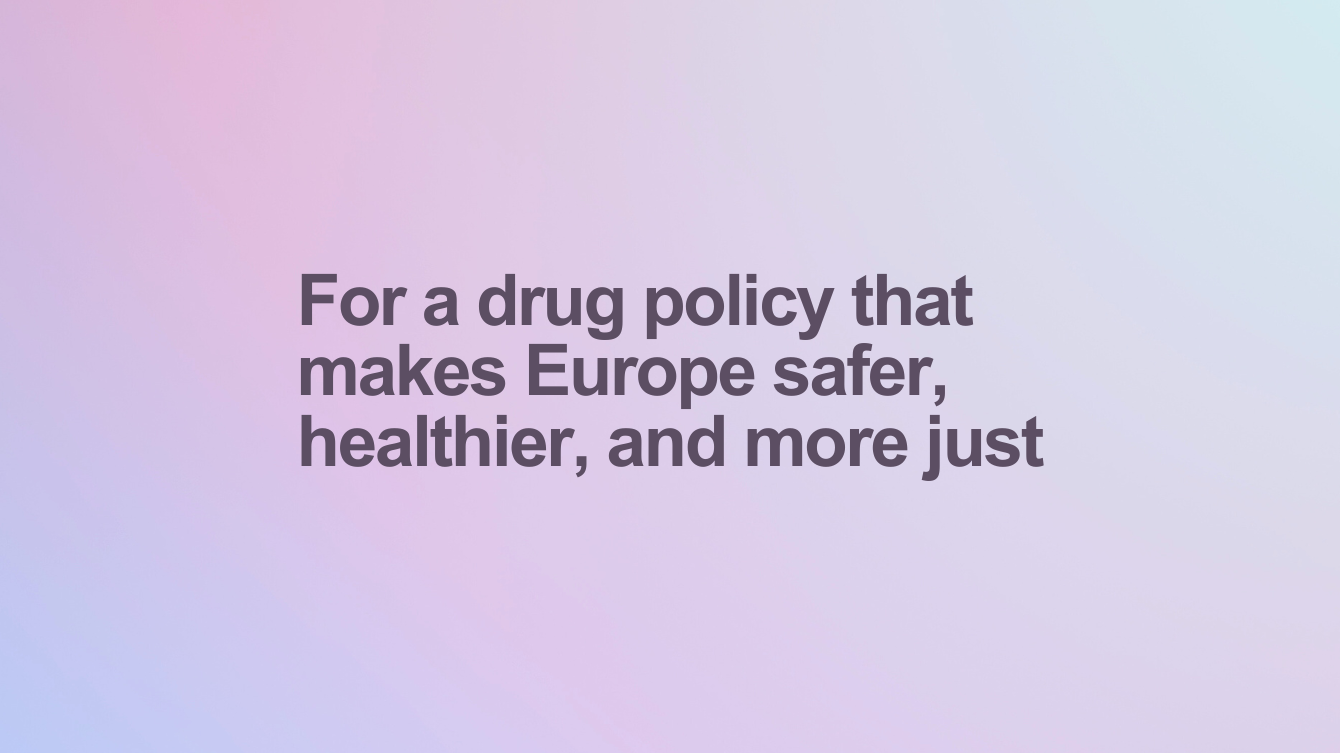In 2021, the Civil Society Forum on Drugs (CSFD) established guiding principles for meaningful civil society involvement in decision-making regarding drug policy. These principles were published in the Quality Standards for Civil Society Involvement in Drug Policy. Currently, four case studies are being conducted in Ireland, Hungary, Greece, and Finland to assess the implementation of these standards.
THE CASE STUDIES
Péter Sárosi, the executive director of the Rights Reporter Foundation and head of the Civil Society Involvement Working Group of CSFD, explained that two focus group discussions are being held in each country, one involving decision-makers and another involving civil society representatives. The Chatham House Rule ensures confidentiality and open discussion, and the conversations address the 9 overarching quality criteria described in the Quality Standards for Civil Society Involvement in Drug Policy and how these are applied in the respective countries and cities. “In June, we went to the first country [Ireland]. In July, we visited Athens. We are now working on the Hungarian one and the Finnish visit will be at the end of August.”
Péter noted active participation in Ireland and Greece, highlighting the importance of such dialogues to build openness and mutual trust between civil society and governments. “This project is really useful for the organizations in those countries because it creates some channels or forums to speak about very sensitive issues for civil society and also for decision-makers. […] It was really interesting to see the different perspectives of the two parties.” He also observed a need for more dialogue on general subjects like what is civil society and its role, as there are many misunderstandings.
Another lesson learnt was that the level of efficiency and quality of the government’s communication with NGOs is not necessarily better in the case of more formal systems. “Sometimes the informal channels can work very well. And sometimes you have formal channels which don’t work very well. […] If you have an official forum to discuss with governments, it doesn’t necessarily mean that it’ll create a good quality involvement of civil society.”
The case studies will offer valuable insights, including positive and negative examples from different mechanisms in the selected countries, with forward-looking examples like the Citizens’ Assembly on Drug Use in Ireland.
Besides some of the progressive examples of Ireland and Finland, where governments are more open to civil society voices, lessons can be learned from Hungary and Greece. In Greece, despite the not-so-developed government system, civil society advocacy had a very positive impact. A drug consumption room and a specific shelter for homeless people who use drugs were created and take-home Naloxone is being provided to prevent drug overdoses. In Hungary, where there is no existing dialogue between the government and civil society, there are still some positive developments at the city level in Budapest, which is an example on how civil society can still use local mechanisms when there are no available national ones.

